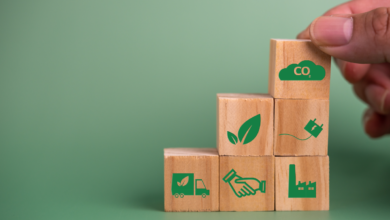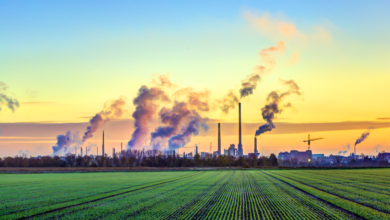Only 4% of large companies have quality climate neutrality goals
Scope 3 and carbon offset the most painful points of climate neutrality goals
Many of the largest listed companies have set climate neutrality goals for 2050, but very few are solid. Just 4% of the approximately 2000 companies that are part of the Forbes2000 index have targets for net zero that comply with UN guidelines. This is revealed by the annual report of Net Zero Tracker.
To assess climate neutrality objectives, the UN Race to Net Zero initiative has developed a set of parameters that should ensure the quality of corporate commitments. Quality, however, is missing in the roadmaps of the majority of the great global companies.
What is missing in companies’ climate neutrality goals?
One of the pitfalls concerns Scope 3 emissions. According to the Net Zero Tracker report, only 37% of companies that have set a course for zero net emissions by the middle of the century contemplate, in their plans, the emissions generated along the entire value chain, thus also taking into account the greenhouse gases emitted by their suppliers. A very low figure considering that climate neutrality goals are only half (1,003) of the companies of the Forbes2000 index (although this number is up by 40% compared to June 2022). Scope 3 emissions are therefore only 371 companies.
read also Businesses, banks and cities all too often lie about net-zero goals
Another stumbling block: is the use of carbon offsets. Carbon offsets allow companies to invest in projects such as reforestation and afforestation to offset emissions from their activities. But these compensations most often use poor quality standards and often report results well above the CO2 stored. The Net Zero Tracker report confirms this global trend: just 13% of Forbes2000 companies adopt quality criteria for carbon offsets.






